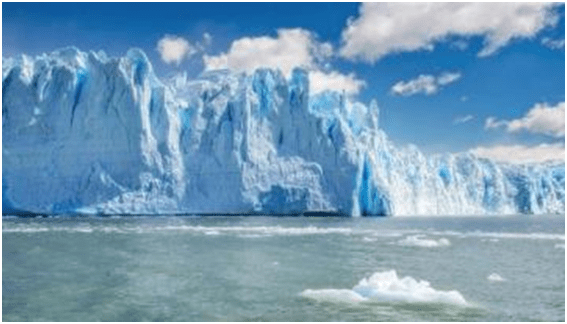Antarctica has recorded its hottest temperature on record, with the mercury lurching above 20C for the first time.
Brazilian scientists, Carlos Schaefer at Seymour Island on February 9 recorded and lodged a shocking reading of temperature smashing the previous record of 19.8C, taken on Signy Island in January 1982.
This latest reading was taken at a monitoring station on Seymour Island, part of a chain of islands off the same peninsula, at the northernmost point of the continent.
Although the temperature is a record high, Mr Schaefer emphasized that the reading was not part of a wider study and so, in itself, could not be used to predict a trend.
“We can’t use this to anticipate climatic changes in the future. It’s a data point,” he said. “It’s simply a signal that something different is happening in that area”, he said.
According to the UN’s World Meteorological Organisation (WMO), temperatures on the Antarctic continent have risen by almost 3C over the past 50 years, and that about 87% of the glaciers along its west coast have “retreated” in that time.
Global warming driven by human activities has been said to be the chief reason for Antarctica’s rising temperatures.Its heating ice sheets are falling apart, threatening to cause dramatic rises in global sea levels.
The rate of ice loss from five Antarctic glaciers has doubled in the past six six years and is five times faster than in the 1990s, according to recent research.
Antarctica’s peninsula – the area that points towards South America – is one of the fastest warming places on earth, heating by almost 3C over the past 50 years, according to the World Meteorological Organization. Almost all the region’s glaciers are melting.
Scientists have warned that international warming is inflicting a lot melting on the South Pole, it is going to ultimately disintegrate – inflicting the worldwide sea stage to rise by not less than three metres (10ft) over the approaching centuries.
Earlier this week, scientists revealed that chinstrap penguin colonies in Antarctica have shrunk by as much as 77 per cent since the 1970s. They attributed the drastic decline to a loss of sea ice caused by climate change.
“The declines that we’ve seen are definitely dramatic,” said Steve Forrest, an American conservation biologist who helped with the survey earlier this year.
The news also sparked concern on social media, particularly after it was shared by teenage climate activist Greta Thunberg.The escalating temperatures at white continent is likely to further fuel fears about the warming of the planet.

